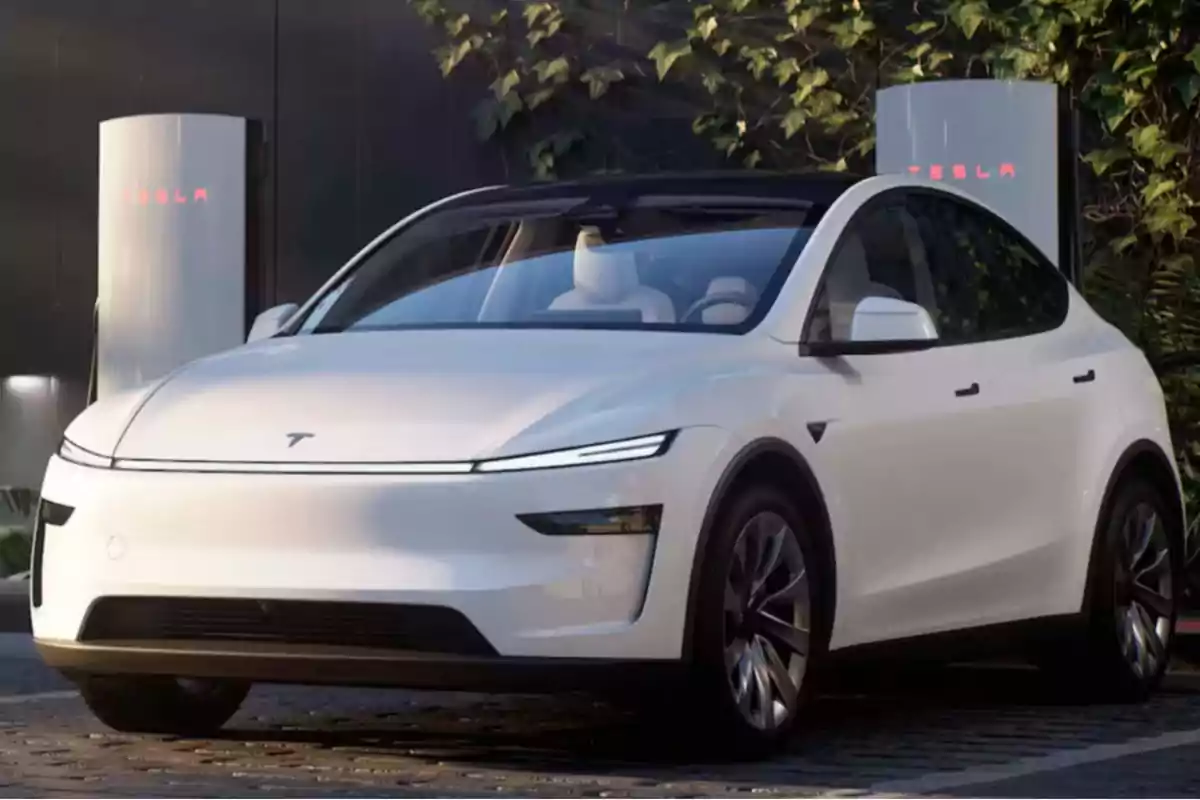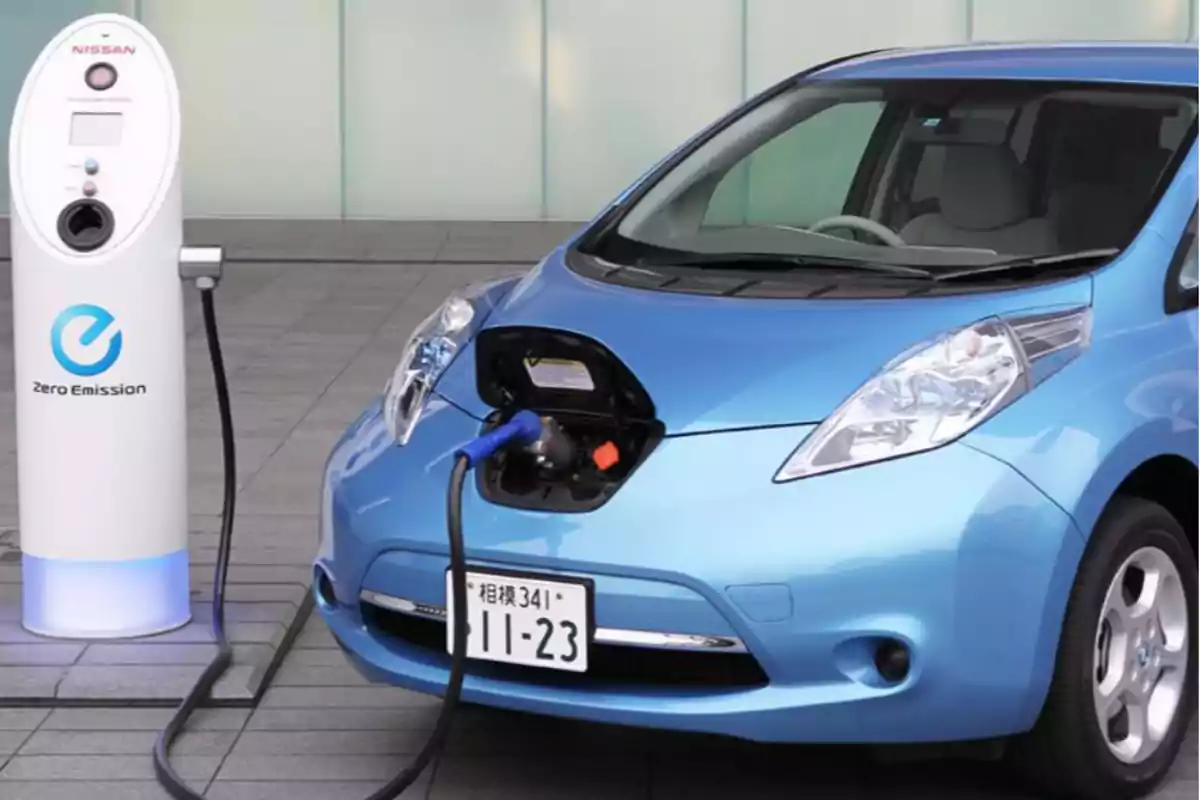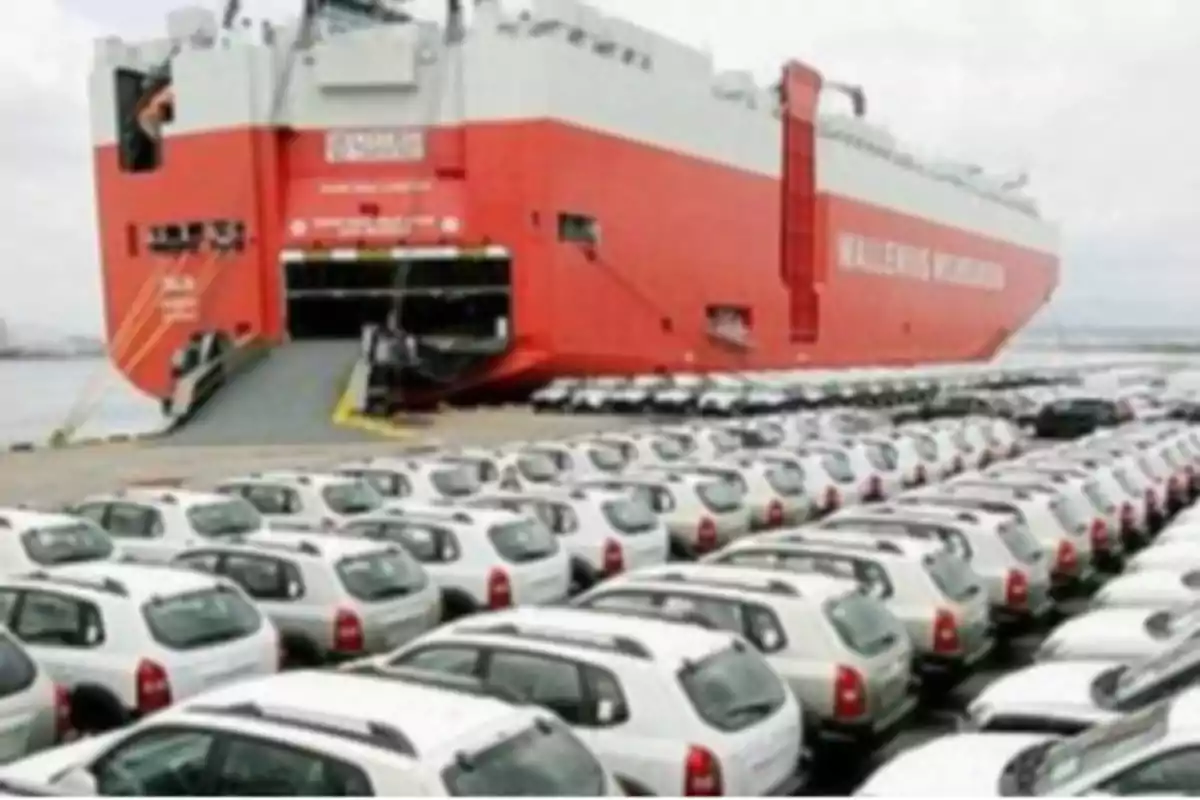
They simplify car imports: what changes the government introduced
With the new regulations, the approval of these cars will be facilitated through international certifications
The Government introduced changes to the National Traffic Law, directly impacting the import of low-cost hybrid and electric vehicles.
With the new regulations, the homologation of these cars will be facilitated through international certifications, speeding up their entry into the country and benefiting a quota of 50,000 units that will be exempt from the 35% tariff applied to extra-zone models.
New rules for vehicle homologation
Through article 28 of the decree, it is established that all 0 km vehicles, both domestically manufactured and imported, must have:
- Model Configuration License (LCM): certifies that the vehicle meets mechanical safety standards.
- Environmental Configuration License (LCA): verifies that it complies with pollutant emission standards.
Although it had been interpreted that these licenses would be eliminated, the decree confirms their validity, clarifying that all vehicles circulating in Argentina must have safety and environmental homologation.

Semi-automatic homologation with international certifications
The key modification is that, for series imports, international safety and emissions certifications obtained in countries with "high surveillance" in these aspects will be recognized.
- TRANS/WP29/343 standards will be accepted, granted by certifying bodies endorsed by the UN.
- Vehicles with this certification can access semi-automatic homologation, simplifying their entry process into the country.
This change speeds up the dispatch of hybrid and electric cars, eliminating redundant procedures and allowing faster shipments from the United States, Europe, and Asia.
Quota of 50,000 cars without tariff

One of the most relevant points is the inclusion of low-cost hybrid and electric vehicles in a quota of 50,000 units, which will not pay the 35% import tariff.
- Applies to models with a price lower than USD 16,000 FOB.
- Allows homologated cars with international certifications to be dispatched more quickly.
- The first units are expected to arrive in Argentina within two months.
This benefit is key for the growth of the electric car market in the country, as it facilitates access to more economical models from China, South Korea, and Japan.
Regulations for national production and individual importation
For domestically manufactured vehicles, if they do not have international certifications, they must obtain the LCM and LCA through the INTI and the Secretariat of Tourism, Environment, and Sports.
Regarding individual imports (cases where a natural person imports a single vehicle), a new Road Safety Certificate (CSV) was implemented, issued by the National Road Safety Agency (ANSV).
- Applicable to cars not officially marketed in Argentina (example: Tesla, Rolls-Royce).
- Specific documentation will be required, but homologation will be expedited if the vehicle meets international industrial standards.
With these modifications, the Government seeks to boost the automotive market, facilitating the import of more efficient and technological vehicles, while maintaining safety and emissions standards.
More posts: